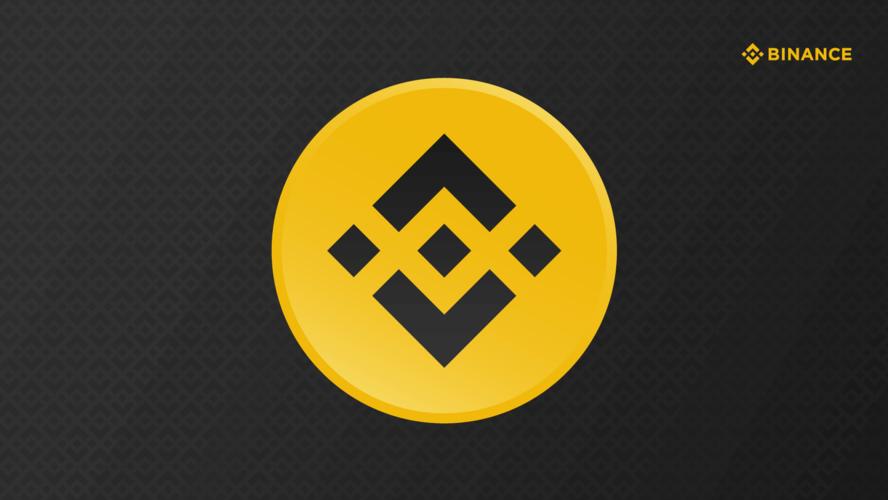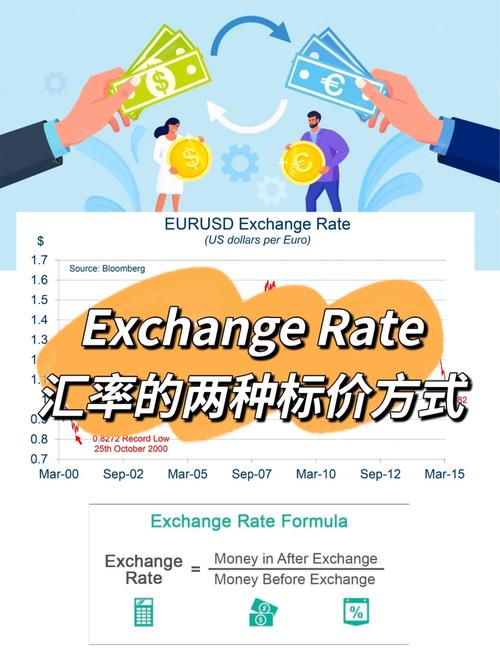
Best Decentralized Exchange ETH: A Comprehensive Guide
Decentralized exchanges (DEXs) have gained significant popularity in the cryptocurrency world, offering users a more transparent and secure way to trade digital assets. Among the numerous DEX options available, Ethereum-based platforms stand out for their robustness and wide adoption. In this article, we will delve into the best decentralized exchange for ETH, exploring its features, benefits, and how it compares to other popular DEXs.
Understanding Decentralized Exchanges
Before we dive into the specifics of the best decentralized exchange for ETH, let’s clarify what a DEX is. Unlike centralized exchanges (CEXs), DEXs operate on a decentralized network, meaning that there is no central authority controlling the platform. This decentralized nature makes DEXs more secure and transparent, as users have direct control over their assets.

The Best Decentralized Exchange for ETH: Uniswap
When it comes to the best decentralized exchange for ETH, Uniswap is often at the top of the list. Launched in 2018, Uniswap is a decentralized liquidity protocol that facilitates the trading of ERC-20 tokens on the Ethereum network. Here’s why Uniswap is considered the best DEX for ETH:
- High Liquidity: Uniswap boasts one of the highest levels of liquidity in the DEX space, making it easy to trade large amounts of ETH without experiencing significant slippage.
- Low Fees: Uniswap charges a small fee for each trade, which is used to incentivize liquidity providers. This fee structure is significantly lower than that of many CEXs.
- Simple and User-Friendly Interface: Uniswap’s interface is straightforward and easy to navigate, making it accessible to both beginners and experienced traders.
- Decentralized Governance: Uniswap operates on a decentralized governance model, allowing users to participate in the platform’s decision-making process.
How Uniswap Works
Uniswap operates using a unique automated market maker (AMM) model. Instead of relying on traditional order books, Uniswap uses liquidity pools, which are collections of tokens locked in smart contracts. Traders can swap tokens by interacting with these pools, and the price of the tokens is determined by the supply and demand within the pool.
Here’s a simplified explanation of how Uniswap works:
- Deposit Tokens: Liquidity providers deposit ETH and ERC-20 tokens into a liquidity pool.
- Swap Tokens: Traders can swap tokens by interacting with the liquidity pool. The price of the tokens is determined by the supply and demand within the pool.
- Fee Distribution: A small fee is charged for each trade, which is distributed to liquidity providers as a reward for providing liquidity.
Comparing Uniswap to Other DEXs
While Uniswap is often considered the best DEX for ETH, there are other popular options worth considering. Here’s a comparison of Uniswap with some of its main competitors:

| DEX | Liquidity | Fees | User Experience |
|---|---|---|---|
| Uniswap | High | Low | Excellent |
| Curve | High | Low | Good |
| 1inch | High | Low | Good |
| PoolTogether | Medium | Low | Good |
As you can see from the table, Uniswap offers high liquidity, low fees, and an excellent user experience. However, other DEXs like Curve and 1inch may be more suitable for certain types of traders, depending on their specific needs.
Conclusion
When it comes to the best




